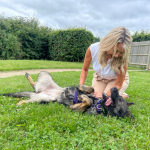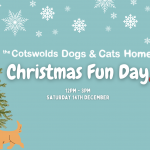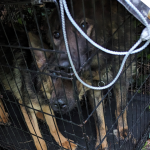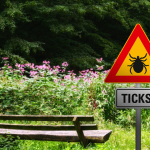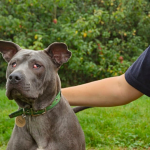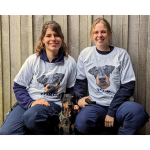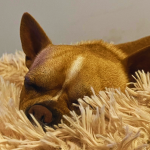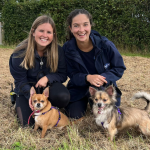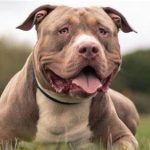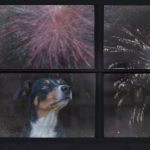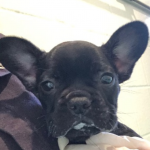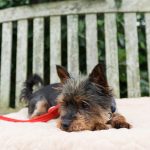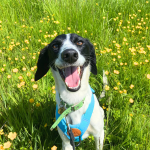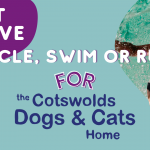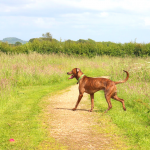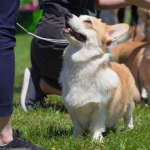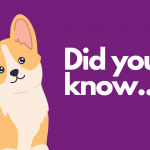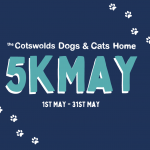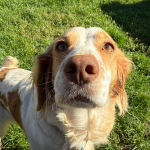
Find your perfect match!
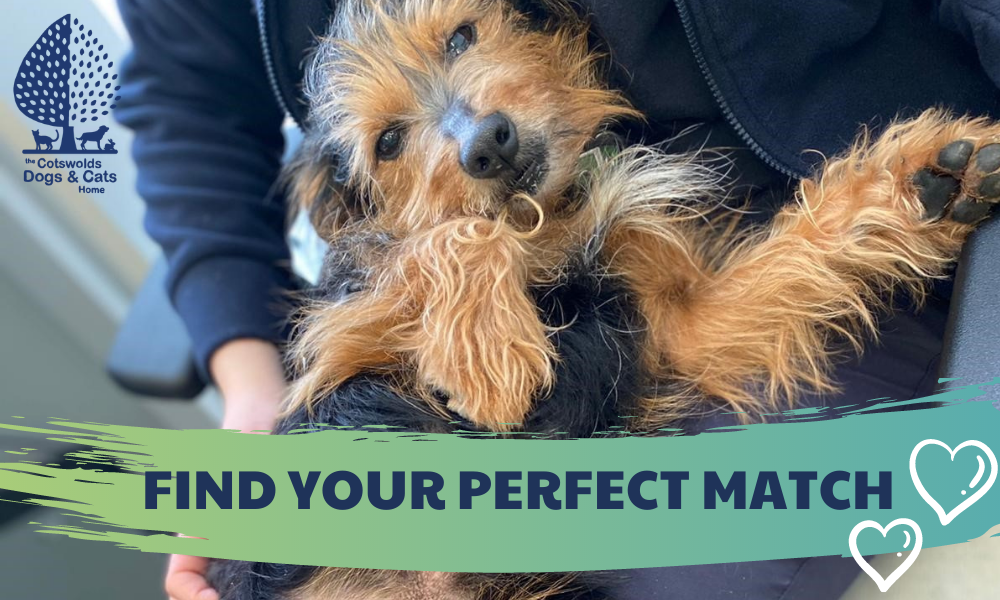
Here at the Cotswolds Dogs and Cats Home, we have lots of furry companions waiting to smother their new families with love — so why not consider rehoming one of our lovely dogs?
Rehoming a dog is a big decision, so we’d recommend that you have a good think about the following questions. If your honest answer to all of them is ‘yes’, scroll down for some advice on how to find your perfect match!
- Do you have time to train and socialise a new pet?
- Are you financially ready to care for them? (If you’d like more information on the costs involved, see our previous posts on the costs involved in rehoming a dog).
- Can you commit to looking after your furry friend for the rest of their lives?
- Are the people you live with happy to share the responsibility, and does the place you live allow dogs?
- Are you prepared to research the best kind of pup to suit your lifestyle, and study up on how to keep them safe and healthy?
If your answer to all of the questions above is a resounding yes, that’s great news! It sounds like you’re ready to find your new soulmate. Take a look at the information below to work out what type of pup might best suit you best…
Before deciding on the right dog to suit your circumstances, it’s good to consider:
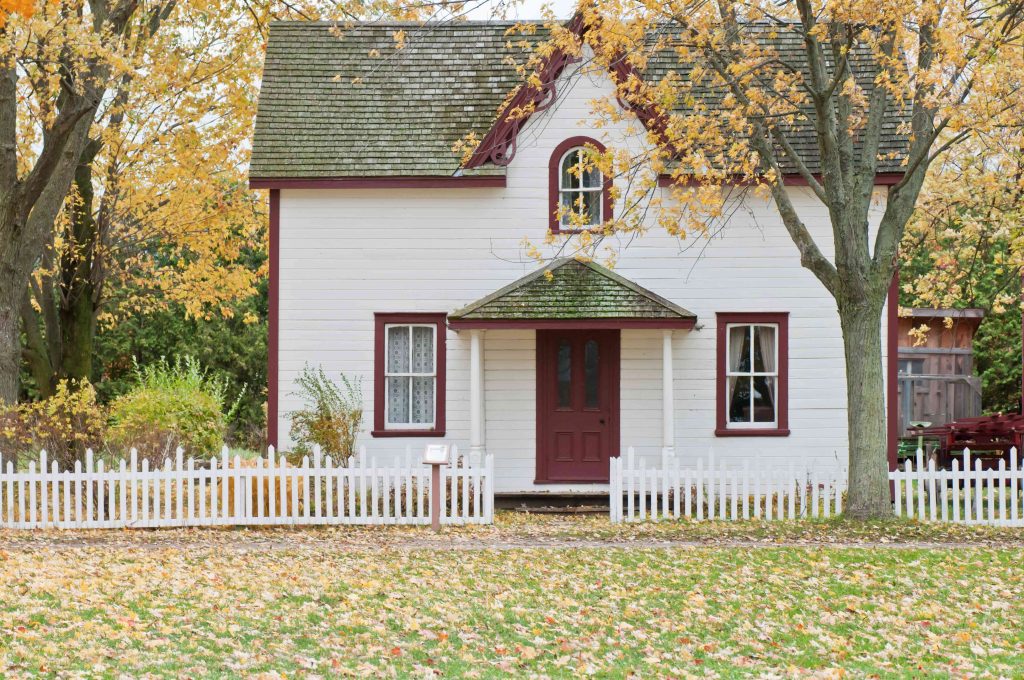
Your space
Is your home big enough for a dog? Do you have access to outside space for them to enjoy? Do you live with anyone who is allergic to pets? Do you have children, or do friends regularly visit your home?
Your time
All dogs need exercise, training, and care — but certain breeds will need more than others. Can you commit to taking your dog out for regular walks? Are you prepared to spend time cleaning and grooming your dog, or would it be better to rehome a short-haired pup who doesn’t need as much pampering?
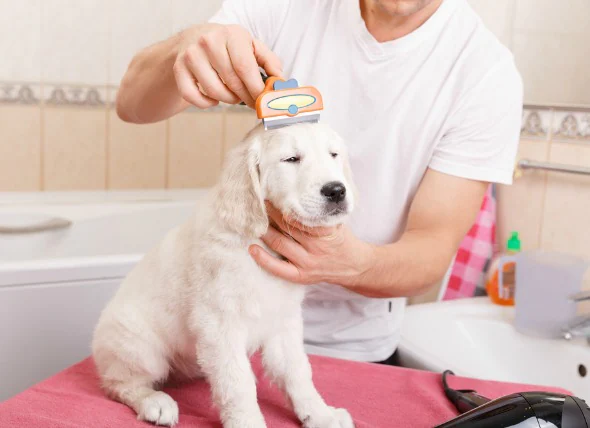
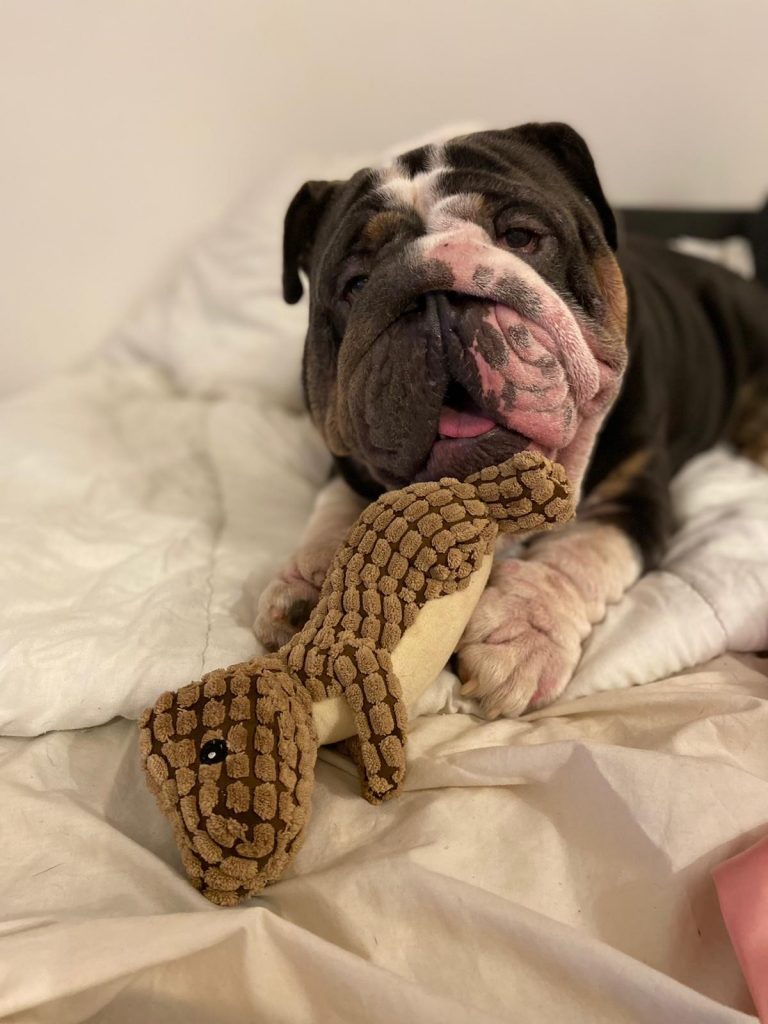
Your activity level
Is your lifestyle most suited for long walks with an active breed, or would it be better to get a dog that needs less exercise?
Your hobbies
Are you looking for a dog to accompany you on adventures, or would you prefer a pup who is happy to snuggle up on the sofa with you? Dogs are great companions and in general love keeping you company, but different pups will be suited to different pastimes.
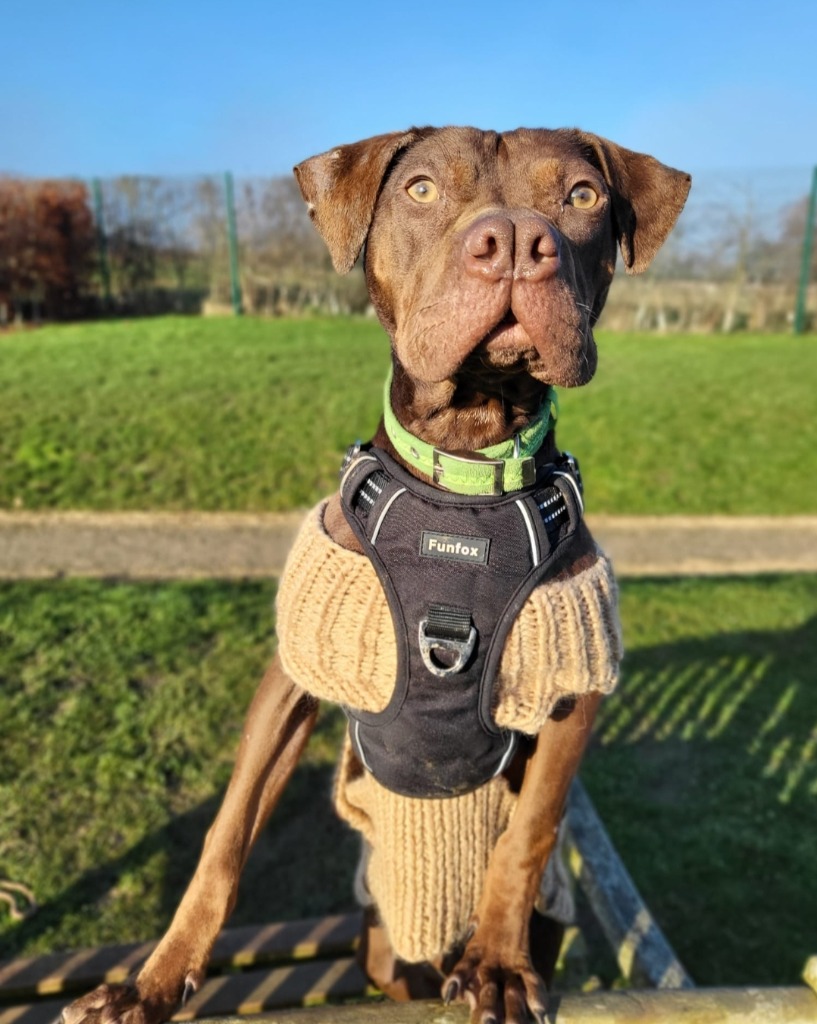
Once you’ve had a good think about the kind of dog that would suit you best, take a look below to find out more about popular breeds and their associated traits. It’s also worth noting that the information below is more of a broad description — while different breeds may be more likely to show certain types of behaviour, your pup’s upbringing will have a huge impact on the way they behave — so a loving home and consistent training are always key parts of keeping a happy and healthy dog.
There are seven main groups of dog breeds:

Working Dogs were originally bred to perform practical duties, such as guarding property or performing rescues. They are used to working very closely with humans, and as such are some of the most intelligent and loyal pups around. Popular working dog breeds include Boxers, Huskies, Great Danes, Rottweilers and Saint Bernards.

Herding Dogs do what it says on the tin! Herding dog breeds vary in size from the tiny but mighty Corgi, to the midsize Australian Shepherd and Border Collie, to the German Shepherd. These dogs have been historically trained to gather, herd and protect livestock, and as such are highly trainable. They are incredibly intelligent and have great high energy levels — but may need outlets for their instinctual urges.

Hound Dogs Originally these dogs were bred for hunting, which means they have a very powerful sense of smell. They can make charming and affectionate pets, but tend to require a lot of exercise and mental stimulation. The hound dog category includes well known breeds like dachshunds, beagles, greyhounds and bloodhounds.

Sporting Dogs have high energy levels and an innate love for the outdoors, which is down to their history of helping hunters retrieve game. This group can be further broken down into spaniels, pointers, retrievers and setters, and each type has different skills — retrievers, for example, are great swimmers, and pointers alert their owners to what they’ve found by pointing. Most breeds in this group are characterised by their active personalities and strong instincts — but they also make loving pets and are the perfect addition to an active family who spend a lot of time outdoors.

Toy Dogs are small in size but big in personality! These dogs were bred with the specific purpose of keeping humans company, so they are sociable and affectionate — but can also have a strong protective instinct. Their small stature means they can be more suitable for apartment living and smaller spaces. Popular breeds include chihuahuas, pomeranians, pugs and Yorkshire terriers.

Terrier Dogs were also bred to live closely with humans, but their skillset extends to killing vermin and guarding their home. They tend to be full of self-confidence and courage, and often have a determined streak that means while they make loving and dedicated pets, they can have stubborn personalities. Some of the most popular breeds include Staffordshire, Airedale, Fox and Jack Russell Terriers.

Non Sporting Dogs encompass a huge range of sizes and personalities, as this acts as more of a ‘catch all’ group for dogs who don’t fit into the other categories. They come from a huge variety of backgrounds so there’s plenty to choose from — Poodles are known for being intelligent and highly trainable, and because of these traits have been successfully bred with many other types of dog; the distinctive Dalmatian is a great exercise partner; and don’t be fooled by the bulldog’s grumpy face — they make docile, loving companions.
For more information on each breed and what kind of pets they’re likely to be, you can visit the Kennel Club’s A-Z guide. We also advise that you continue your research by talking to friends and family members who already have dogs, and meeting as many breeds as you can in person.
Why not meet some of our dogs to see if you can find your perfect match.
Categories
- Appeals (8)
- Events (8)
- News & Updates (69)
- Happy Tails (23)
- Past Appeals (85)
- Past Events (96)
- Support & Advice (46)
- Challenge Events (2)
Recent Posts
Related posts


Meet Hope, A Tiny Kitten Fighting for a Second Chance

Firework Season: Choose Kindness Over Noise

Max’s Story - A Golden Oldie Finding Comfort and Hope
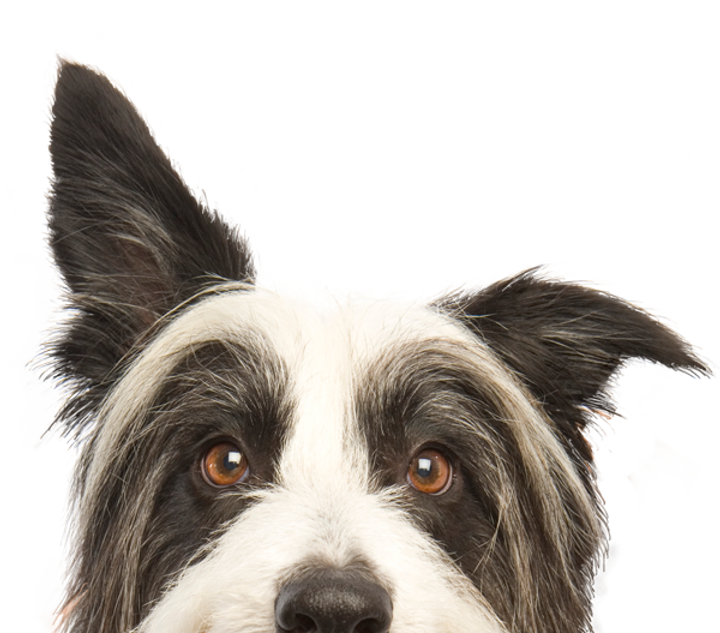
To report cruelty or an animal in distress call 0300 1234 999





